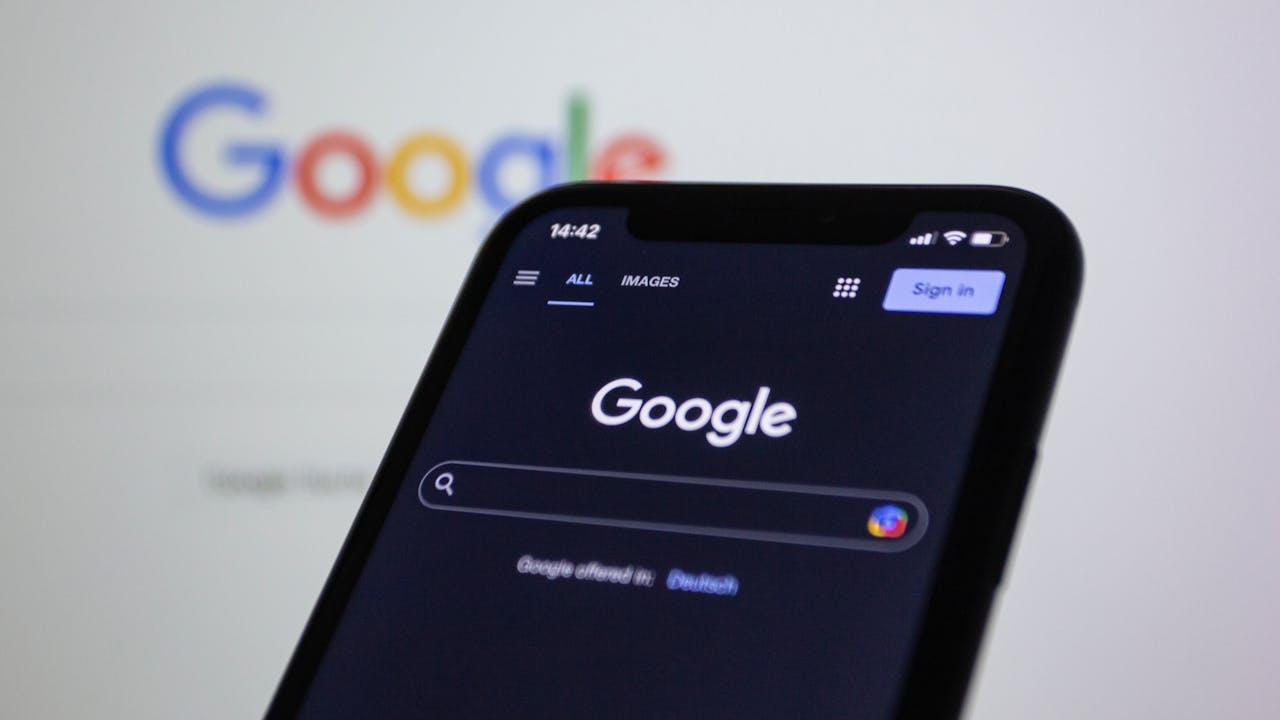INTERVIEW ON THE PRICE OF BUSINESS SHOW, MEDIA PARTNER OF THIS SITE.
Recently Kevin Price, Host of the nationally syndicated Price of Business Show, interviewed Alexander Paykin.

The Alexander Paykin Commentaries
On September 2, 2025, U.S. District Judge Amit Mehta issued a much-anticipated decision in the Justice Department’s antitrust case against Google. The ruling handed Alphabet a partial victory, allowing the company to keep both its Chrome browser and Android operating system, as well as its lucrative revenue-sharing agreement with Apple. At the same time, the court imposed significant new obligations that will force Google to share valuable search data with competitors and limit its ability to maintain exclusive contracts.
The decision reflects a delicate balancing act. Regulators had argued that Google’s deals with Apple and other device makers unfairly cemented its dominance in online search. Yet Judge Mehta stopped short of breaking up the company or blocking its longstanding agreements. Instead, the ruling requires Google to open up parts of its search index and user interaction data to rivals, giving competitors in search and artificial intelligence—such as OpenAI, Perplexity, and other emerging platforms—access to tools they need to grow. The court also barred Google from entering into exclusive default search arrangements, a move designed to create space for alternatives to appear more prominently on smartphones and browsers.
Artificial intelligence played a central role in the judge’s reasoning. Rather than resorting to sweeping structural remedies, the court leaned on the rise of generative AI as a force already reshaping the industry. By mandating data-sharing and preventing lock-in defaults, the decision aims to level the playing field and let innovation—not monopoly power—decide the future of search.
Markets welcomed the outcome. Alphabet’s shares surged by nearly 8 percent in the immediate aftermath, while Apple stock climbed roughly 3 percent. Investors were clearly relieved that the court had avoided harsher remedies, such as forcing Google to divest its core businesses. Analysts noted that the company remains well-positioned in AI and cloud services, even as antitrust risks persist.
Still, this is far from the end of Google’s legal battles. The Justice Department’s separate case targeting the company’s advertising technology practices is still underway, and it carries the potential for more dramatic remedies, including a forced divestiture of parts of Google’s ad business. In addition, Google has already signaled its intent to appeal Judge Mehta’s decision, meaning the fight could ultimately reach the Supreme Court.
For now, the ruling stands as a turning point in the decades-long debate over Big Tech’s market power. Google avoided the most severe penalties, but the obligation to share data and loosen its grip on defaults could reshape how people interact with search in the years ahead. The immediate effects may be subtle, but over time, the decision could pave the way for new competitors and a broader rethinking of what online search looks like in the age of artificial intelligence.




